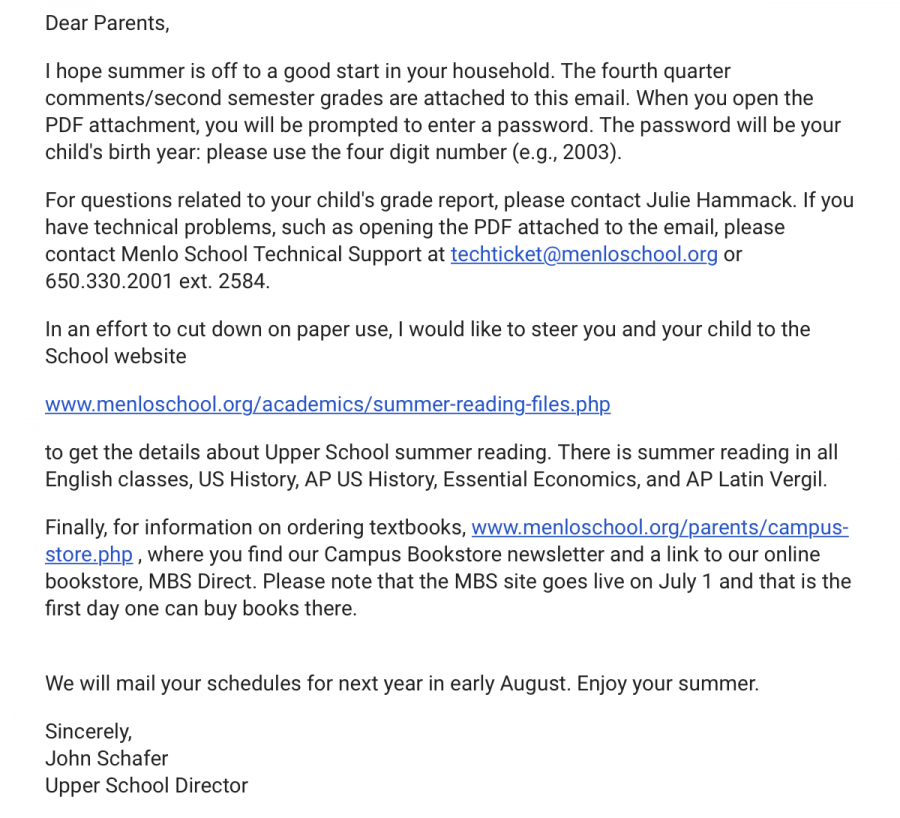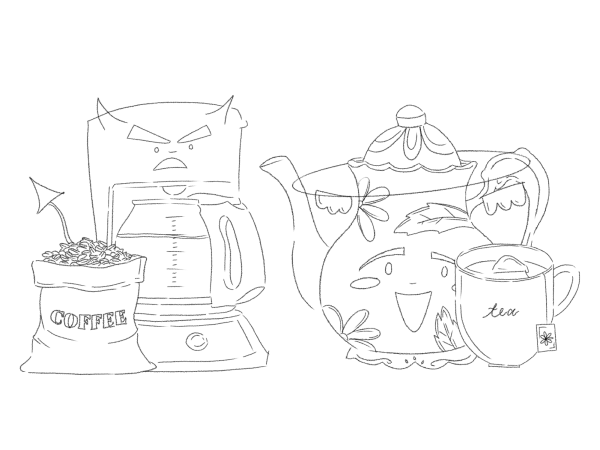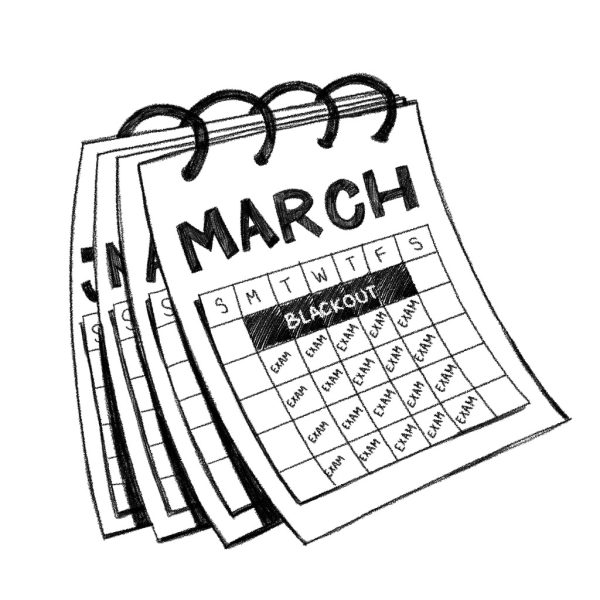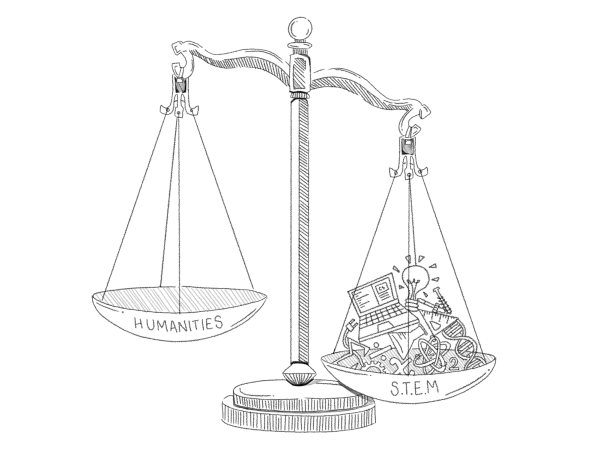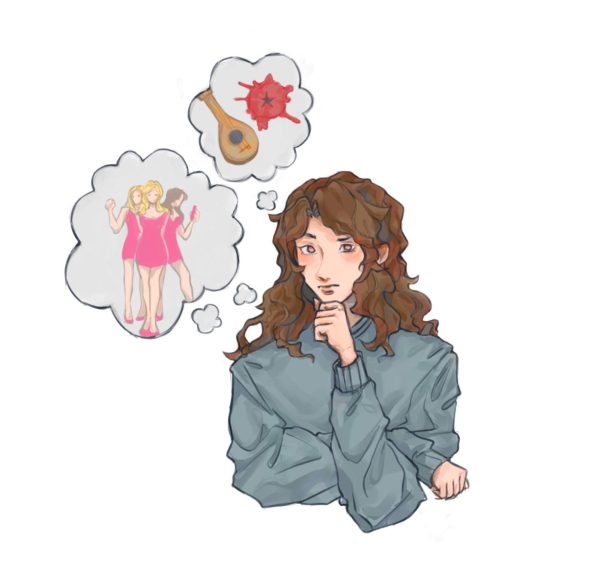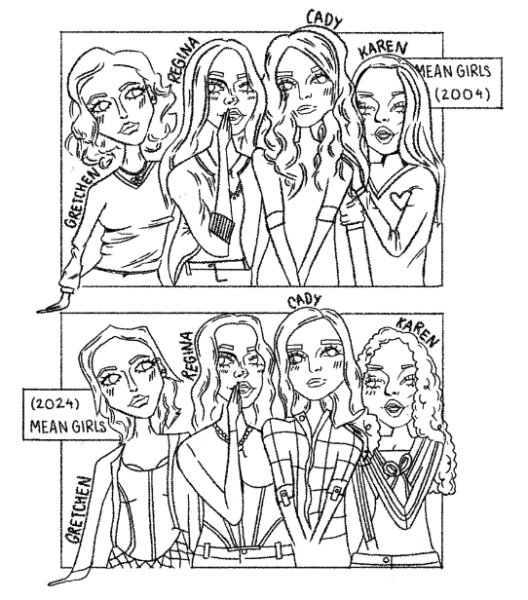Grade Reports: Why Comments are More Helpful Than Skill Evaluation
Screenshot of The Upper School second semester Grade Report email from the 2017-2018 school year. Staff Photo: Kate Jeffries.
January 9, 2019
For first and third quarter grade reports, teachers have to write personalized comments for each student. However, at the semester mark, teachers are only required to fill out a skill evaluation rubric for students. This rubric, though, lacks detail and explanation of the individual assignments, grades and performance of the student throughout the quarter making it a less effective form of evaluation.
First, it is important to understand the differences between the two types of grade reports. For the semester grade reports, instead of teacher-written comments, students receive a review of their skill sets through a rubric. The skill evaluation grade reports include categories for each class where the teacher can grade the student on their progress in the class, on a scale from “needs improvement” to “exemplary.” Some examples of categories for the evaluation include “written expression,” “logical thinking skills” and “self organization.” While the content of the grade reports with comments varies from teacher to teacher, they typically write about students’ general performance in the class, and then dive deeper into participation, homework and classwork, assignments, and give specific ways in which each student can improve.
Although in the evaluation reports some skills or topics are covered that might not be in the comments, the categories are generally broad and not specific to the classwork and assignments that the student completes over the course of the quarter. It is hard to know exactly how to improve in a class when marked as “proficient” in “written expression,” for example. Written comments, on the other hand, let students know specifically how to improve.
Many students in the Upper School agree with this point of view. “I think comments are significantly better than the skill evaluation offered on the end of semester report card because, while it is helpful to know where you stand in comparison to the expectations of the course, which skill evaluation does, teacher comments are much more personalized and insightful,” junior Meredith Fenyo said. “The comments go into more detail and typically are more personalized to the students’ specific achievement in that class,” said junior Ayinde Olukotun.
In the email sent out with the skill evaluation grade reports, the report card states that “[Menlo is] interested in making a distinction between achievement (scores on tests, labs and papers) on one hand and progress and process (effort, participation, collaboration, etc.) on the other.” I also think this distinction is important, but there should be a balance between the two every quarter. If comments are required every quarter, they wouldn’t just be exclusively about achievement, they would also include information about progress and effort, therefore providing the students with the information they need to constantly improve in their classes. This balance cannot happen solely with evaluation reports.


